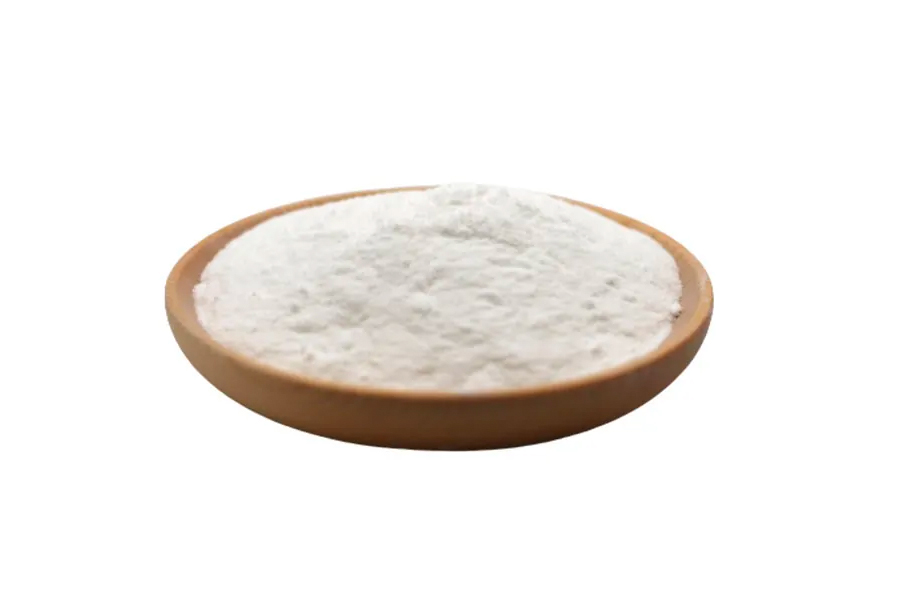Organic maltodextrin is a food additive that is derived from starch, usually from organic corn, rice, or potato. It is used as a thickener, stabilizer, or bulking agent in various processed foods, such as sports drinks, snacks, sauces, and desserts. Organic maltodextrin is considered safe for human consumption, but what about its impact on the environment? In this article, we will examine the environmental effects of organic maltodextrin production, from the source of starch to the processing and consumption of the final product.
The source of starch
One of the main factors that affect the environmental impact of maltodextrin organic is the source of starch. Organic maltodextrin is made from organic crops, which means that they are grown without the use of synthetic pesticides and fertilizers. This can have positive effects on soil health, biodiversity, and the overall sustainability of the farming system. Organic farming practices can also reduce greenhouse gas emissions, water pollution, and energy consumption compared to conventional farming methods.
However, organic maltodextrin production relies heavily on the cultivation of organic corn, rice, or potato crops, which requires significant land use and water resources. Clearing land for crop cultivation can lead to deforestation and habitat loss, while water-intensive cultivation can strain local water supplies and affect the water cycle. Moreover, the production of organic crops can still generate some greenhouse gas emissions, such as nitrous oxide from the use of organic fertilizers.
The processing of starch
Another factor that influences the environmental impact of organic maltodextrin is the processing of starch. To make organic maltodextrin, manufacturers put starch through a process called hydrolysis, which uses water, enzymes, and acids to break it down into smaller sugar molecules. This process requires energy and generates waste, which can affect the environment in different ways.
The energy used for hydrolysis can come from renewable or non-renewable sources, which have different environmental implications. Renewable energy sources, such as solar, wind, or hydropower, can reduce greenhouse gas emissions and fossil fuel consumption, while non-renewable sources, such as coal, oil, or gas, can increase them. The choice of energy source depends on the availability, cost, and efficiency of each option.
The waste generated from hydrolysis can include organic pollutants and heavy metals, which can harm aquatic ecosystems if not properly treated. The enzymes and acids used in hydrolysis may also have environmental impacts, depending on their origin and disposal. For example, the enzymes may be derived from animal or microbial sources, which may raise ethical and ecological concerns. The acids may be synthetic or natural, which may affect their biodegradability and toxicity.
The consumption of maltodextrin
A third factor that affects the environmental impact of organic maltodextrin is the consumption of the final product. Organic maltodextrin is a carbohydrate that provides a quick source of energy due to its easily digestible glucose molecules. It iSet featured images often used by athletes and fitness enthusiasts as a supplement to replenish glycogen stores and enhance exercise performance. However, excessive consumption can lead to weight gain and an increased risk of dental cavities, similar to other high-carbohydrate foods.
The health effects of organic maltodextrin consumption can also have environmental consequences. For instance, obesity and diabetes are associated with increased energy consumption, food waste, and greenhouse gas emissions. These diseases not only affect the quality of life of individuals, but also impose a burden on the health care system and the environment. Therefore, it is advisable to limit the intake of organic maltodextrin and opt for more natural and sustainable alternatives.
Conclusion
In conclusion, organic maltodextrin is a food additive that has various environmental impacts. It is derived from organic crops that may benefit soil health and biodiversity, but also require large amounts of land and water. It is processed using water, enzymes, and acids that may generate waste and pollution, depending on the energy source and the treatment methods. It is consumed as a source of energy that may cause health problems and increase environmental footprint, depending on the amount and frequency of intake. Therefore, it is important to be aware of the environmental effects of organic maltodextrin production and consumption, and to make informed and responsible choices.






